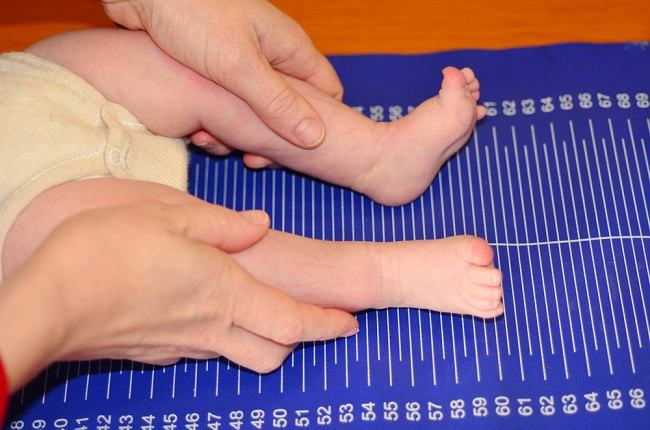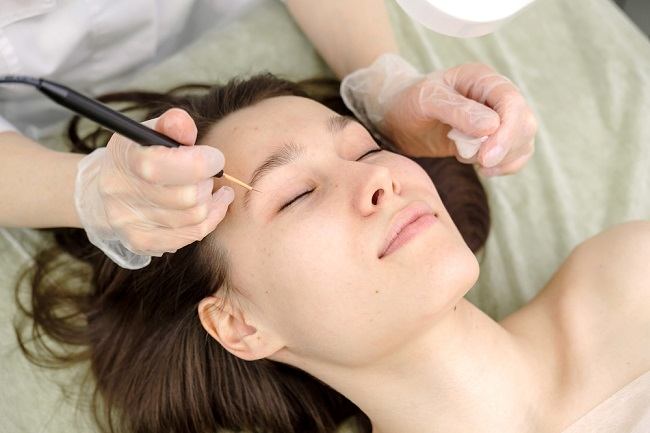Diving and seeing the underwater beauty is a very pleasant thing. But unfortunately, sometimes diving can also leave a variety of disorders in the body. One of them is pain in the ear caused by barotrauma.
Barotrauma is a condition of discomfort in the ear due to changes in pressure. Barotrauma is often experienced by someone while diving, especially diving at a depth of more than 10 meters.

Don't Panic, Overcome This Way
There are a variety of symptoms that you may experience as a result of barotrauma, including pain in the ear, difficulty hearing or hearing loss, dizziness, and nosebleeds. For that, do the dive gradually, so that the body can adjust to the underwater pressure.
If you dive too fast, it can harm your ears. High pressure can make the ears feel full. If left alone and the pressure gets higher, the eardrum can burst. When water enters the hole in the ruptured eardrum, you can become dazed, nauseous, and vomit. You may also feel a spinning dizziness, also known as vertigo.
Some of the steps below, can help you cope with barotrauma:
- Perform decompressionIf your ears feel full or feel like they're being squeezed, it's best to avoid diving deeper. Perform the decompression technique, by covering your mouth and nose, then blowing air until you hear a knocking sound in your ear.
- Stop divingIf that doesn't work, then stop the dive and rise to the surface slowly. Pause several times to perform decompression techniques and pressure adjustments.
- Ask a fellow diver for help
When diving, it is recommended that you have a partner diver, so that they can help and supervise each other. Likewise, when experiencing barotrauma, your partner will help rise to the surface, while monitoring your condition.
- do not panic
Complaints of barotrauma, such as ear pain, nausea, vomiting, or dizziness, can make you feel anxious. But don't panic, because panic can push you up too fast and create new problems. Stay calm and tell your partner to help you up slowly.
- Clean and dry your earsArriving at the surface, immediately clean the ear and make sure the ear remains dry. Do not put any object or liquid into the ear, and seek medical attention immediately.
To help reduce pain, there are other things you can do besides decompressing, such as chewing gum, yawning, or taking several deep breaths.
Tips for Preventing Barotrauma While Diving
Before doing the sport of diving, you should take a diving class first. You will be taught theory or how to use tools that suit your diving needs, get into the water properly, and how to clean your ears to avoid injury and ear pain. Of course you will also learn a variety of other things that are needed to keep you safe while diving.
Most cases of barotrauma go away on their own, without specific treatment. However, you are still advised to consult a doctor, so that treatment can be given if needed. If the pain does not go away within a few days, you should consult a doctor again.
Diving can be a very pleasant entertainment to unwind from daily activities. But, don't let it actually pose a risk of health problems such as sore ears, just because you are not careful when diving.









